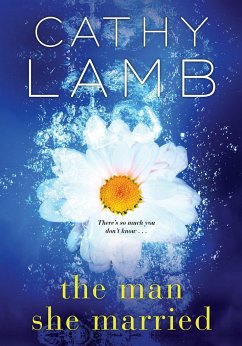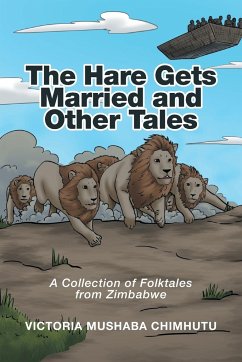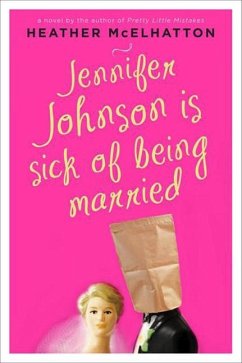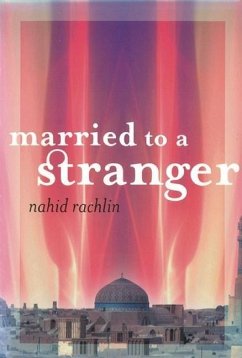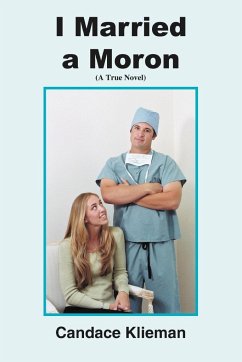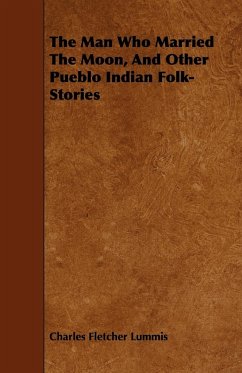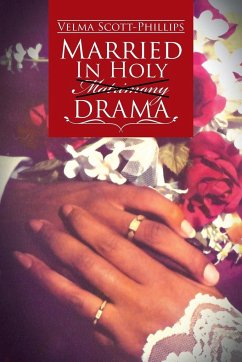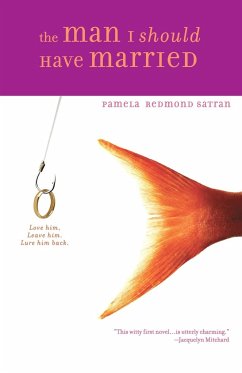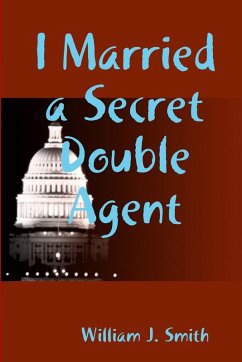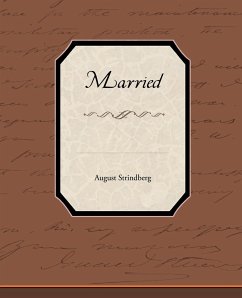
Married
Versandkostenfrei!
Versandfertig in 1-2 Wochen
24,99 €
inkl. MwSt.

PAYBACK Punkte
12 °P sammeln!
For Stockholm-born August Strindberg, marriage never proved an easy matter. Of his three ventures into the life of matrimony, the first ended in divorce -- as did the acrimonious second . . . while the third fared barely better, brought to an end by an amicable parting of ways. In the powerful stories of "Married," Strindberg draws upon his life's experience, which he distills and combines with his insights into the world he perceived around him. Never an academic theorist who gained his insights from dry and dusty tomes, Strindberg's artistic sense reliably guided him to the heart of the deep...
For Stockholm-born August Strindberg, marriage never proved an easy matter. Of his three ventures into the life of matrimony, the first ended in divorce -- as did the acrimonious second . . . while the third fared barely better, brought to an end by an amicable parting of ways. In the powerful stories of "Married," Strindberg draws upon his life's experience, which he distills and combines with his insights into the world he perceived around him. Never an academic theorist who gained his insights from dry and dusty tomes, Strindberg's artistic sense reliably guided him to the heart of the deeply human matter at hand: that of the meeting of the two sexes, and of their pairing into that shaky arrangement which is considered the bedrock of society. "Married" arose during the period that included "The Red Room" and dramas "The Father" and "Miss Julia," when Strindberg (1849-1913) allied himself with naturalistic schools of writing.






